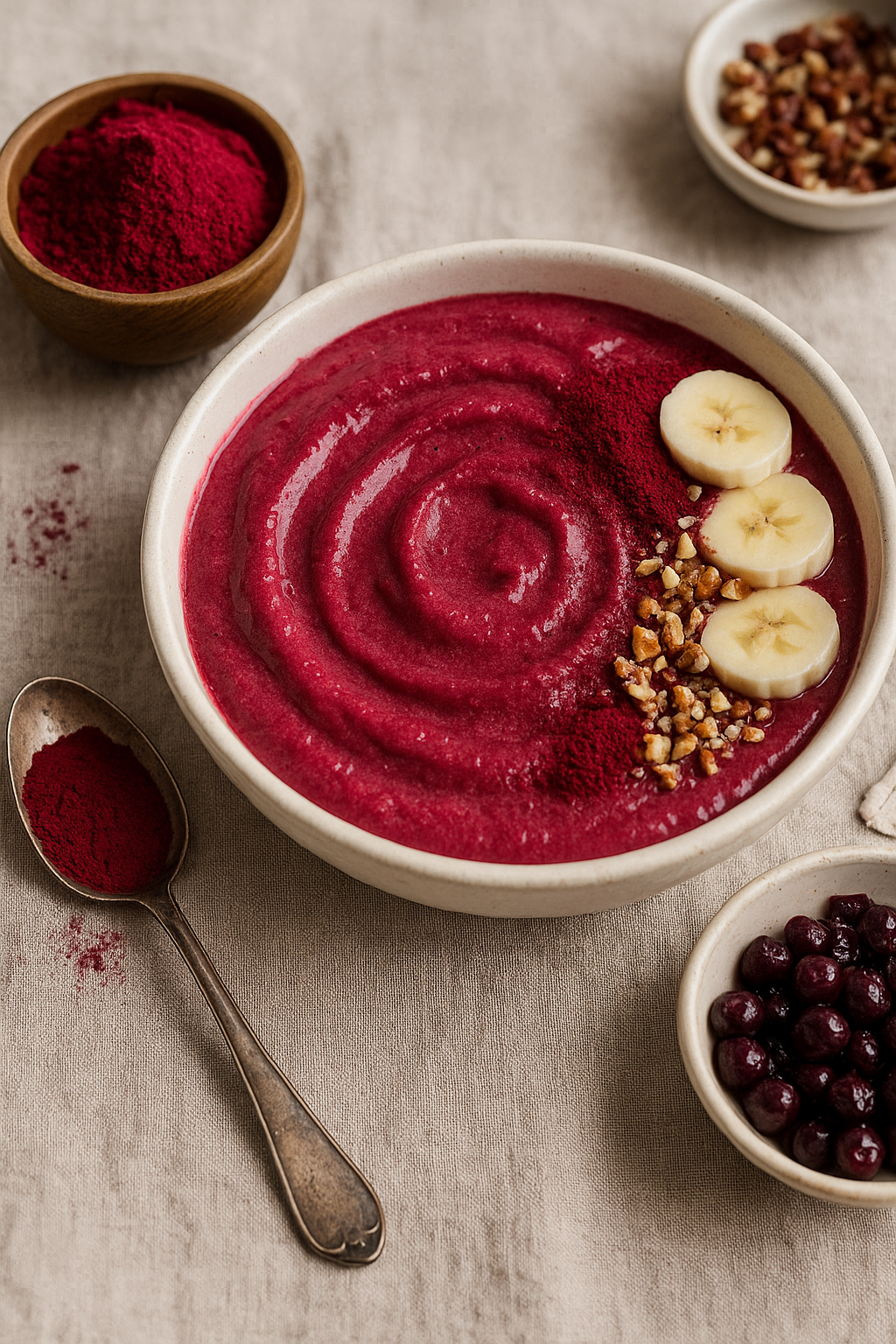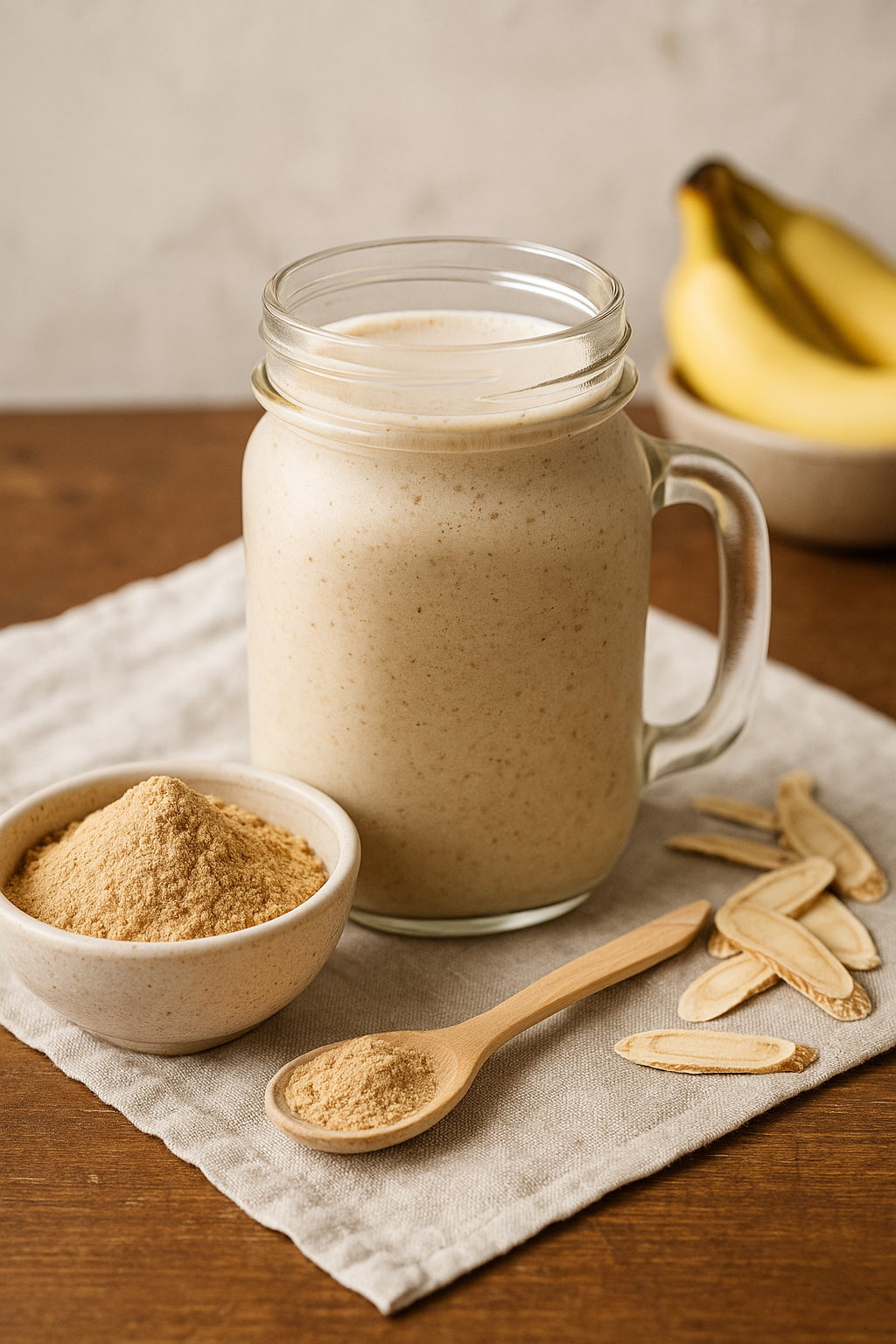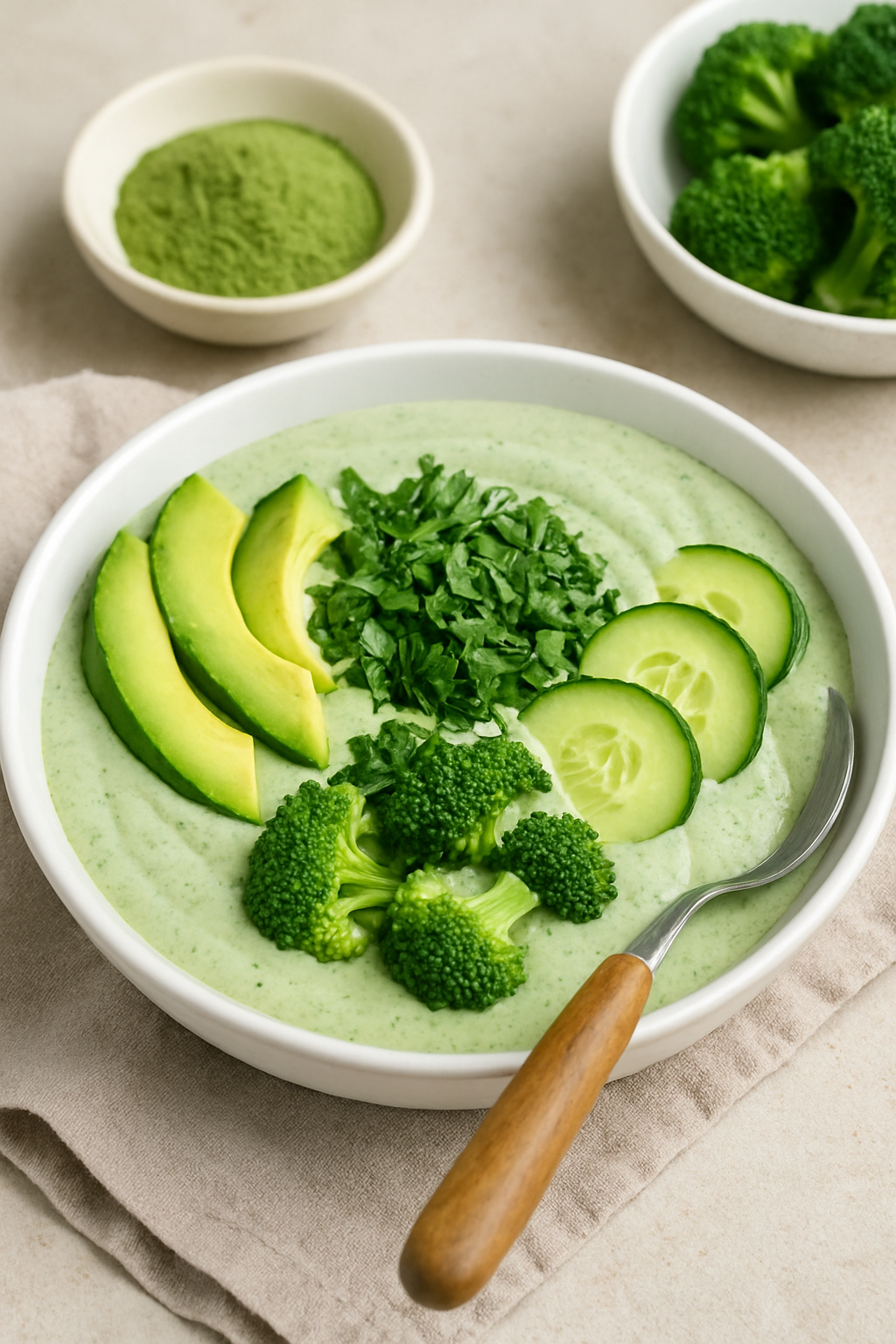Beet root has long been known as more than just a colorful addition to your plate. Rich in nutrients and naturally sweet, it has become increasingly popular in modern wellness circles for its wide range of health benefits. Today, beet root is often consumed not only as a vegetable but also as juice, extract, or supplement, appealing to those seeking both convenience and concentrated nutrition.
One area of growing interest is its potential effect on fatty liver disease. With the rising prevalence of non-alcoholic fatty liver disease (NAFLD), many people are exploring organic, natural remedies to support their liver function. But does beet root truly provide a benefit for fatty liver?
This article explores what beet root is, its nutritional and organic properties, and the role it may play in supporting liver health.
What Is Beet Root?
Beet root is a deep red or purple vegetable with a naturally earthy sweetness. It has been used for centuries both as a food and in traditional medicine. Today, it is widely consumed in multiple forms, such as fresh beets, beet juice, powdered extracts, or as capsules in supplement form.
Because the liver is particularly sensitive to toxins and chemical residues, choosing organic beet root can make a difference. Organic farming practices minimize pesticide exposure, ensuring the vegetable retains its natural nutritional potency. This aligns well with holistic approaches to health, where purity and natural sourcing matter.
Understanding Fatty Liver Disease
Non-alcoholic fatty liver disease (NAFLD) is a condition where excess fat builds up in the liver, often linked to poor diet, obesity, insulin resistance, and sedentary lifestyles. While the early stages may go unnoticed, if left unmanaged, it can progress to inflammation, fibrosis, and in severe cases, cirrhosis.
Because NAFLD is closely tied to nutrition and lifestyle, dietary interventions are often among the first steps in treatment. This is where natural, nutrient-rich foods like beet root can play a valuable role.
How Beet Root Supports Liver Health
Beet root contains several compounds that may directly benefit the liver:
● Betaine: Helps the liver process fat more efficiently, reducing fat accumulation.
● Antioxidants: Especially betalains, which help reduce oxidative stress and inflammation, which are both key drivers of liver damage.
● Vitamin C: Supports immune health and protects liver cells from damage caused by free radicals.
Research suggests that these nutrients may reduce oxidative stress in the liver and improve overall function. By lowering fat buildup and supporting detoxification, beet root offers a natural way to help manage fatty liver disease.
The Nutritional and Organic Benefits of Beet Root
Beet root’s appeal lies in its combination of low calories, rich nutrition, and potent antioxidants. Below is a snapshot of its nutritional profile:
|
Nutrient |
Properties and Benefits |
|
Betalains (antioxidants) |
Protect liver cells, reduce oxidative stress, and help regulate inflammation. |
|
Betaine |
Supports the breakdown of fats in the liver and aids detoxification processes. |
|
Vitamin C |
Boosts immune function and acts as a potent antioxidant. |
|
Folate & B-vitamins |
Support cell repair, energy metabolism, and healthy blood function. |
|
Nitrates (converted to nitric oxide) |
Improve blood flow and may reduce blood pressure, indirectly supporting liver health. |
|
Fiber |
Promotes healthy digestion and reduces fat absorption. |
Choosing organic beet root ensures that these nutrients remain intact and uncontaminated. Beet root juice or supplement extracts also provide a concentrated way to access these compounds, making it easy to fit into a daily routine.
How to Use Beet Root for Liver Support
Incorporating beet root into your diet doesn’t have to be complicated. Popular approaches include:
● Drinking fresh beet juice or adding it to smoothies.
● Mixing beet root powder into water, teas, or shakes.
● Taking beet root capsules or extract supplements for convenience.
Pairing beet root with other nutrient-dense foods, such as leafy greens, citrus fruits, or whole grains, may enhance its health benefits. Always remember that while beet root can support liver function, it should be part of a broader lifestyle plan that includes balanced nutrition and regular activity.
Summary of Potential Benefits and Precautions
Beet root offers a wealth of nutritional benefits that make it a valuable addition to a
liver-supportive diet. From reducing oxidative stress with its antioxidants to helping the liver process fats more efficiently through betaine, this vibrant vegetable has much to offer.
For those concerned with fatty liver disease, beet root represents a safe, natural supplement that can complement medical guidance and healthy lifestyle choices. However, individuals with preexisting health conditions should consult healthcare professionals before starting new supplements, especially concentrated extracts.
The bottom line: Beet root, whether enjoyed fresh, as juice, or in supplement form, holds promise as a supportive food for fatty liver health. To maximize results, choose organic extracts such as Unleash’d Organic’s beet root powder, and view it as part of a holistic approach to long-term wellness.




Leave a comment
This site is protected by hCaptcha and the hCaptcha Privacy Policy and Terms of Service apply.